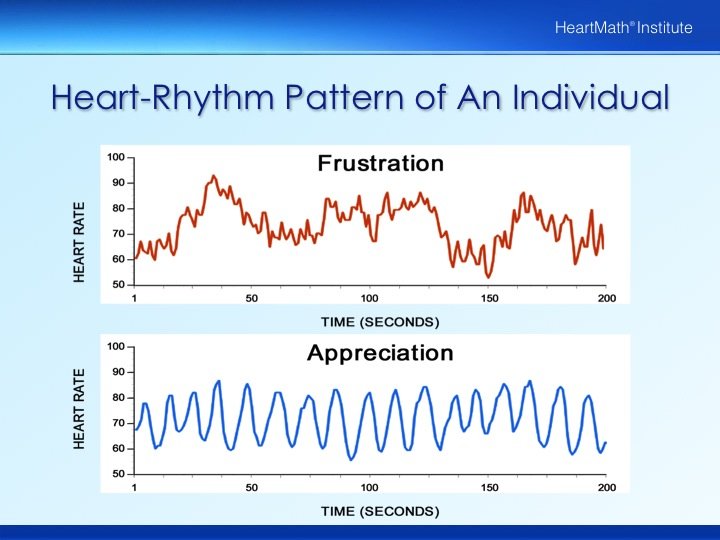By Farah Kotadia, MBA, CPHR, MACP, RCC
When people think of grief, they think of a significant loss such as a family member or a beloved pet. But there are different types of grief that come in different forms – like the grief you might feel over losing a job.
If you have been laid off due to funding cuts, or part of a redundancy due to restructuring, or even when you leave a job of your own volition because it wasn’t serving your professional needs, it can be a difficult experience to process. The loss of income; the loss of friendships at work or the camaraderie you would feel at lunch; the loss of water cooler chats and hallway meetings; this sense of loss can leave you confused and wondering what went wrong.
You may have heard of the five stages of grief. These stages can also apply in this scenario. They are denial, anger, bargaining, depression, and acceptance. We might tell ourselves that we don’t have time to grieve because we need a paycheque, so we immediately run to job boards to apply for work. However, rushing through these emotions or ignoring them altogether will only suppress them. Eventually, they will surface, whether in the form of an emotional or a physical ailment.
The first step is always denial – is this really happening? This is true for all types of job loss, from a layoff to a restructure, or even leaving a job on your own terms, one that you enjoyed but that wasn’t meeting your professional growth or personal needs. The loss of a job can be a shock to our system. Give yourself time to process and reflect on the learnings. The next stage is anger. Anger can mean frustration or a violation of your core values. Whatever it is, work through your anger. The third phase is bargaining – this can happen within ourselves, with another person or even with a higher power – whether you believe in a traditional God or the Universe, bargaining or negotiating is something each of us do at different times in our lives.
It is important to note that the phases of grief are not linear, nor do they occur in isolation. You can be angry and depressed at the same time. Depression can come in at any time during our grief journey. The best thing you can do for yourself is sit with the depression and sadness, be inquisitive, analyze it and work through it. This isn’t always easy, and we sometimes need additional support in working through our depressive episodes, such as seeing a doctor or a counsellor.
Acceptance is the final stage of the grieving process. True acceptance is when you can appreciate the lessons you learned from the loss and move on to a future that is meant for you. Remember, grieving for a job is not wrong, it is completely natural. It can be a profound loss. Trust that you will find your way back. Or not. Perhaps this will be the beginning of a new You. One that is more informed of what you want. One that has overcome the challenge of losing a job and has persevered. One that is Resilient and uniquely You.
Our relationships with our jobs and our careers is often a huge part of our lives, and it is often a cornerstone of our sense of security in our lives. We put tremendous time and energy into our jobs, but often overlook the importance of it in our emotional landscape. EVC’s Farah Kotadia offers career counselling and help to process all things work-related. She is a Chartered Professional in Human Resources (CHRP), with an MBA in HR and a Registered Clinical Counsellor (RCC) with a Master’s in Counselling Psychology. She has over 25 years of experience and is passionate about mental health wellness. Farah has written for the Canadian Immigrant, PeopleTalk Magazine and has facilitated workshops and webinars in-person and online.
Visit Farah’s EVC profile here: https://eastvancouvercounselling.ca/counsellors/?mq=Farah to book an appointment, for links to more information about her work, or to email Farah if you want to talk about your relationship with your work or want to work on your career.



